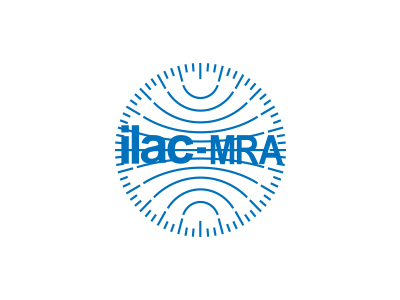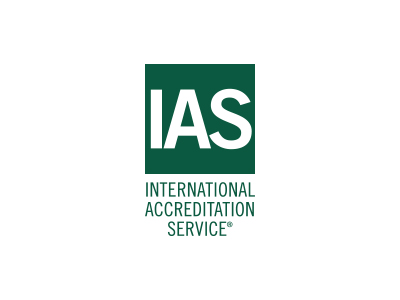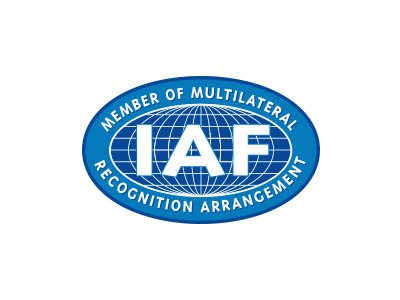


Avoid the blame game and conduct root cause analysis that actually helps improve a Management System and the tools used to support competent conformity assessment results. Examine an approach used internationally.
Learn how to determine when the lab system is not supporting the work of conformity assessment staff and the production of consistent results.
For all staff who participate in the operation of the a quality system:
• Organizations conducting testing, calibration, inspection, evaluation, or certification
• Organizations using a QMS to support their business activities
• Managing a quality system
• Training staff in quality systems
• Managing the organization
Examine the best approaches to analyzing non-conformances for root cause. Make use of extensive examples and reference to international interpretations of management system requirements.
Use a systematic and objective approach that is proven worldwide.

This 1-day Training Course facilitates the practice of root cause analysis skills. The techniques learned by participants promote the involvement of all types of staff in the identification and solution of adverse conditions. The course includes easy-to-implement methods for risk-based thinking, continual improvement, and closing out findings through the analysis of root causes aimed at their elimination. See Course Description here.
See https://www.iasonline.org/training/ias-training-schedule/
90 MINUTE WEBINARS
WEBINAR: Is there a Need for Full Corrective (or Preventive) Action?
Not all risks, benefits and non-conforming conditions need full root cause analysis. Some of them will never impact the ability of the organization or the people in it to do their job, or their health, welfare and safety.
Those that do, must be handled formally. Those that do not can be treated differently, but consistent with good QMS practice.
Learn the difference. Gain objective tools to make the determination and defend that decision to any regulatory or accreditation body.
Outline:
Introduction
The conditions that must be considered
Objective decision criteria
WEBINAR: The Decision Rule in ISO/IEC 17025
All measurements made in accredited laboratories must include some consideration of the uncertainty of measurement. Today that approach has been expanded to include the uncertainty of measurement in any statement of compliance that a laboratory may make based on the measured results.
How does uncertainty affect the demonstrated compliance of a measurement?
Learn the most common approaches in making easy use of evaluated and estimated uncertainties in making conformant statements of compliance in test and calibration reports.
Outline:
DATE(S) AND LOCATION(S):
See https://www.iasonline.org/training/ias-training-schedule/
$450.00 USD in North America
$650.00 USD for International Delivery
$95.00 USD for Webinar
* Early registration cut-off is normally 21 days prior to the scheduled training event.
$500.00 USD in North America
$750.00 USD for International Delivery
$150.00 USD for Webinar
Space is Limited to 20 people for each training session.
*Fees are non-refundable for cancellations; however, you may substitute another member of your staff, or attend another class offered by IAS at a later date. If IAS cancels this class for any reason, the full registration fee paid will be refunded.
Request Additional Information Contact Ms. Jouliana Tchiloyans at jtchiloyans@iasonline.org.
Request and Pay for Training Here
Joseph Edgar John (Ned) Gravel

Ned won the Engineering Prize when he graduated Suma Cum Laude as a Civil Engineer from the Royal Military College of Canada. He spent 22 years in the service of his nation and retired as a Major in the Royal Canadian Corps of Signals. His service included command of operational Signal Corps units.
After retirement, Ned became the quality manager for an acoustics and electronic testing and calibration laboratory. He created a quality system and underwent his first assessment 62 days after he became the quality manger. Today he works hard to help those who may also have to endure such a challenge.
Since that time, Ned has worked in five accreditation bodies in Canada and the USA and spent 10 years as the quality manager for one of the Canadian accreditation bodies. He helped create ILAC signatory accreditation bodies in the developing world.
Within the Asia Pacific Accreditation Cooperation, Ned is a Lead Evaluator and was the Convenor of the Evaluator Training Working Group (ETWG) - to train APAC evaluators. He was also the Convenor of the Evaluator Performance Working Group (EPWG) - to document the monitoring of APAC evaluators. Finally, Ned also served as the chair of the Calibration Sub Committee of the APAC Technical Committee - responsible for all calibration laboratory policies within APLAC.
Ned is a trainer who believes that people are the solution to challenges in any organisation. His greatest joy is motivating dispirited teams of people to achieve difficult objectives under impossible circumstances - starting with believing in themselves. The motto he uses in all his training organisations is “Reaching People.”
From 1997 to 2005, Ned was Canada’s ISO/CASCO committee member for the creation and amendment of the laboratory accreditation standard, ISO/IEC 17025. He has created the QMS for a dozen laboratories, two product certification bodies, and three ILAC signatory accreditation bodies. He is also the author of Ned's Rules of Engagement, a treatise on leadership and the author of the Principles behind ISO/IEC 17025.
Ned is a pilot, a sailor, a historian and a world traveller. In 1978 he married his best friend and their two sons are now married with families of their own.